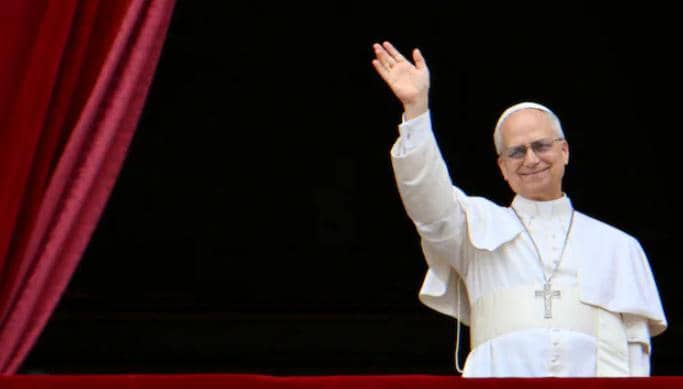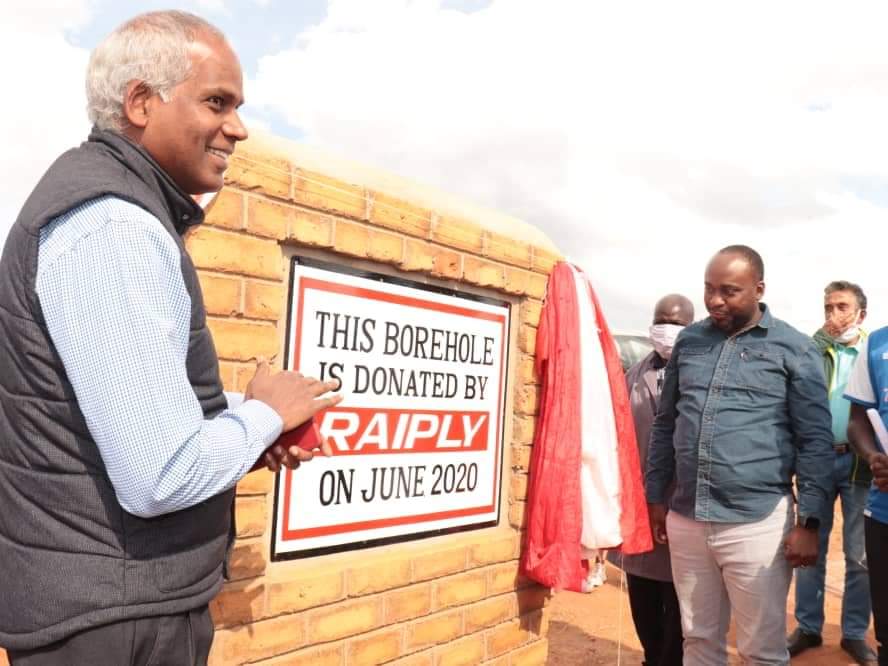By Burnett Munthali
Leo did not expect to become pope.
He came from a humble background in Argentina, far removed from the centers of Vatican power and influence.
His life had been shaped by a deep commitment to social justice, personal humility, and a quiet devotion to the poor.
For decades, Leo had served in relative obscurity, ministering to the marginalized in Buenos Aires with little fanfare.
He was never considered a major contender within the Vatican’s powerful circles, nor did he seek the spotlight or crave recognition.
When the conclave began, few cardinals imagined Leo would emerge as the one to guide the global Catholic Church.
Even Leo himself was reportedly surprised when his name began circulating within the sacred walls of the Sistine Chapel.
His election was not driven by personal ambition or Vatican politicking, but by a growing hunger within the Church for a leader of moral clarity and pastoral compassion.
At a time when scandals and disillusionment had tarnished the Church’s moral authority, Leo represented a return to gospel values—humility, mercy, and service.
His papacy was born out of a yearning for authenticity, a longing for the Church to reconnect with the people it had too often overlooked.
Those who supported Leo believed that his simplicity and strength could usher in a new era of reform and credibility.
Though soft-spoken, Leo possessed a steel resolve when it came to fighting corruption and advocating for the voiceless.
Upon assuming the papacy, Leo wasted no time in signaling a break from tradition and bureaucracy.
He refused the ornate papal trappings that had come to symbolize power and hierarchy, choosing instead to live modestly and travel without luxury.
His first acts as pope included visits to prisons, hospitals, and refugee camps—places many religious leaders rarely tread.
Leo’s vision of leadership was not centered on doctrine or dogma but on lived compassion and prophetic action.
He challenged the Church not to remain in its palaces but to walk among the wounded, the poor, and the forgotten.
For Leo, the Church’s credibility lay not in its wealth or theology, but in its willingness to wash the feet of the world.
This unexpected pope inspired millions not through rhetoric, but through radical empathy and unwavering integrity.
Despite internal resistance from more conservative forces within the Vatican, Leo remained undeterred in his mission.
He opened doors to conversations long considered taboo, from climate change and economic inequality to interfaith dialogue and clerical accountability.
His leadership redefined what it meant to be a pope—not a monarch of marble halls, but a shepherd who smells like his sheep.
Leo’s emergence as the head of the Catholic Church reminded the world that greatness can arise from the most unlikely places.
It affirmed the belief that genuine leadership is not manufactured in power corridors but is forged in the crucible of compassion and conviction.
Leo’s journey from the barrios of Buenos Aires to the throne of St. Peter stands as a testament to the power of humility and the enduring call of justice.
In a world plagued by cynicism and division, Pope Leo became a beacon of hope, reminding believers and skeptics alike that the spirit of the gospel still burns bright.




